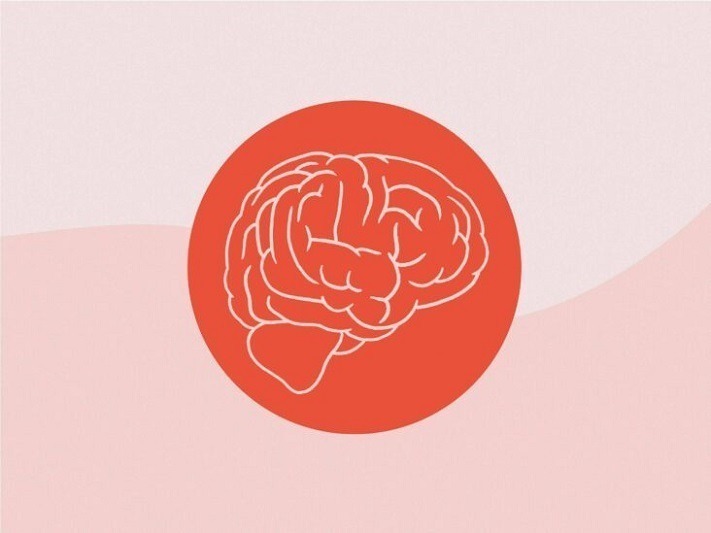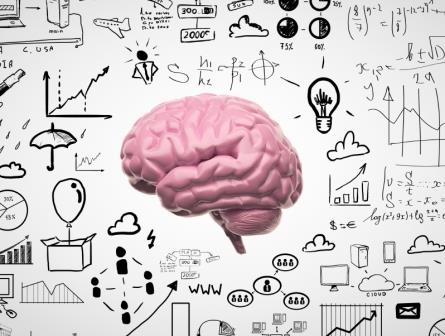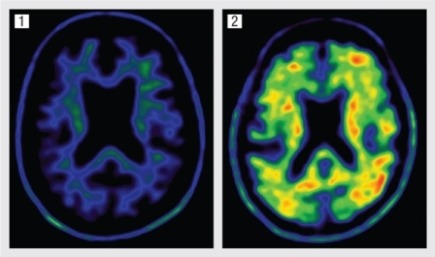Posts Tagged ‘risk factors’
Debunking the “chemical imbalance” theory yet not throwing out the antidepressant baby with the bathwater
A recent study found inconsistent evidence linking the neurotransmitter serotonin to depression. In an article for The Conversation, the authors of the study concluded that it is impossible to say that taking SSRI antidepressants is worthwhile. But is it safe to conclude that serotonin is not involved in depression or that modern antidepressants aren’t helpful…
Read More10-year study finds that the higher the blood sugar level, the faster the cognitive decline over time — regardless of diabetic status
___ The Startling Link Between Sugar and Alzheimer’s (The Atlantic): “A longitudinal study, published Thursday in the journal Diabetologia, followed 5,189 people over 10 years and found that people with high blood sugar had a faster rate of cognitive decline than those with normal blood sugar—whether or not their blood-sugar level technically made them diabetic.…
Read MoreBeware alarmist medical advertising about Alzheimer’s disease: The story of one “Brain Health Quiz”
______________________________ Is a Dubious ‘Brain Health Quiz’ Stoking Alzheimer’s Anxiety to Lure Patients? (Undark): “…Alarmist medical advertising is pretty funny on television, but it can be far more troubling in real life. Although I’ve never been alerted to impending death, I recently received an advertisement from my own trusted health care provider warning that I…
Read MoreStudy: Enhancing brain functioning, and preventing cognitive decline, via diet, exercise and cognitive training
Healthy eating, exercise, and brain-training program results in slower mental decline for older people (Science Daily): “A comprehensive program providing older people at risk of dementia with healthy eating guidance, exercise, brain training, and management of metabolic and vascular risk factors appears to slow down cognitive decline, according to the first ever randomised controlled trial…
Read MoreAlzheimer’s disease can be delayed through lifestyle: New, large study joins growing chorus
– Hard Evidence We Can Slow Alzheimer’s By Exercising The Body And The Mind (Forbes): “Alzheimer’s disease is one of the most feared diagnoses among patients…once the disease has been diagnosed, there is nothing modern medicine can do to stop it. But it can be slowed, and a new study presented
Read MoreAlzheimer’s Disease: New Survey and Research Study on Awareness, Testing and Prevention
Very interesting new data reinforcing two main themes we have been analyzing for a while: 1) We better start paying serious attention (and R&D dollars) to lifestyle-based and non-invasive cognitive and emotional health interventions, which are mostly ignored in favor of invasive, drug-based options 2) Interventions will need to be personalized. The study below analyzes data…
Read More





